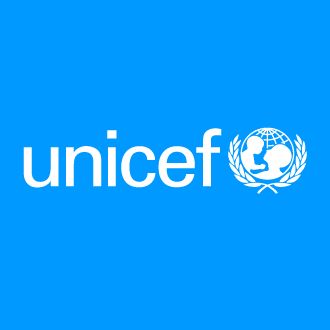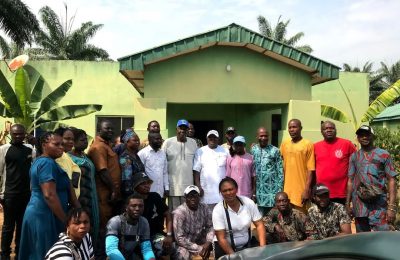

The Federal Government in collaboration with the and UNICEF launched the summary report of the 2024 Updated Situation Analysis of Children and Adolescents in Nigeria (SitAn).
This comprehensive report provides an in-depth review of the current conditions affecting Nigeria’s nearly 110 million children and adolescents, offering important insights to guide policy and investment decisions aimed at improving the lives of the nation’s youngest citizens.

The updated SitAn, developed by the Ministry of Budget and Economic Planning, and the National Bureau of Statistics with technical support from UNICEF, presents both the progress made in key areas and the significant challenges that remain. Notable achievements include improved birth registration rates, a reduction in child mortality, and gains in childhood immunization coverage.
However, the report also highlights persistent issues such as high poverty rates, inadequate access to quality education, poor nutrition, newborn mortality, and widespread violence affecting children.
“Although the situation of children has progressed in most areas, the figures still reveal causes for concern,” said Senator Abubakar Atiku Bagudu, Honourable Minister of Budget and Economic Planning.
“The launch of this report coinciding with the commemoration of World Children’s Day shows that children in Nigeria are a priority of the government. Under President Tinubu’s Renewed Hope Agenda, we are committed to investing in social protection and health to improve the situation of children in the country.”
The report reinforces the impact of climate change and conflict on children, particularly in the northern regions, and the urgent need for multisectoral approaches to address these challenges.
About 10 million children of primary school age and 8 million of secondary school age are out of school, and 2.1 million children have never received a single vaccine. Additionally, 90% of children under five have experienced some form of violence, illustrating the critical need for reinforced child protection measures.
“This updated SitAn serves as a wake-up call for all of us,” said Cristian Munduate, UNICEF Representative in Nigeria. “Every statistic in this report represents a child who deserves a better life. We must act decisively and collaboratively to change these realities.
UNICEF remains dedicated to partnering with the Government of Nigeria to ensure that every child has access to quality healthcare, education, and protection. The present and future of Nigeria depends on the well-being of its children, and there is no time to lose.”
The SitAn will support government efforts and development initiatives, offering evidence-based recommendations to address systemic challenges and invest in the most effective solutions.
These suggestions include, among others, increasing budgetary allocations for children’s services, improving early childhood development programs, expanding access to safe water and sanitation, and scaling up initiatives to protect children from violence and exploitation.
As Nigeria celebrates World Children’s Day, this report serves as a vital resource for all stakeholders committed to creating a brighter, safer, and more equitable future for the nation’s children.
READ MORE FROM: NIGERIAN TRIBUNE








